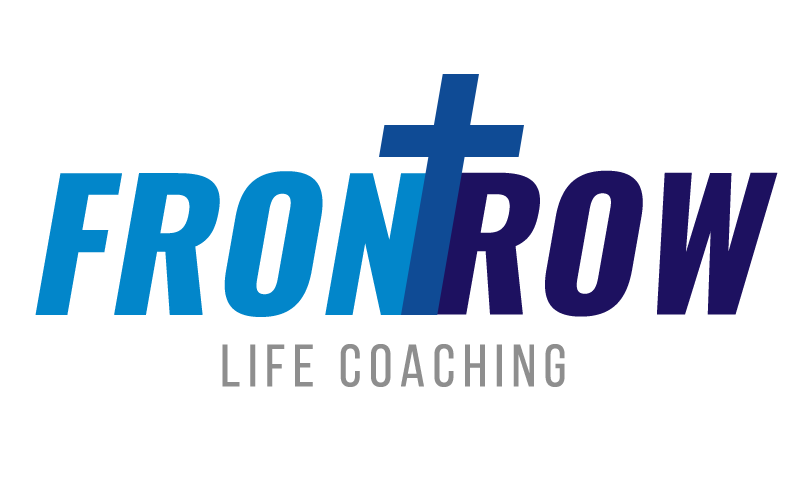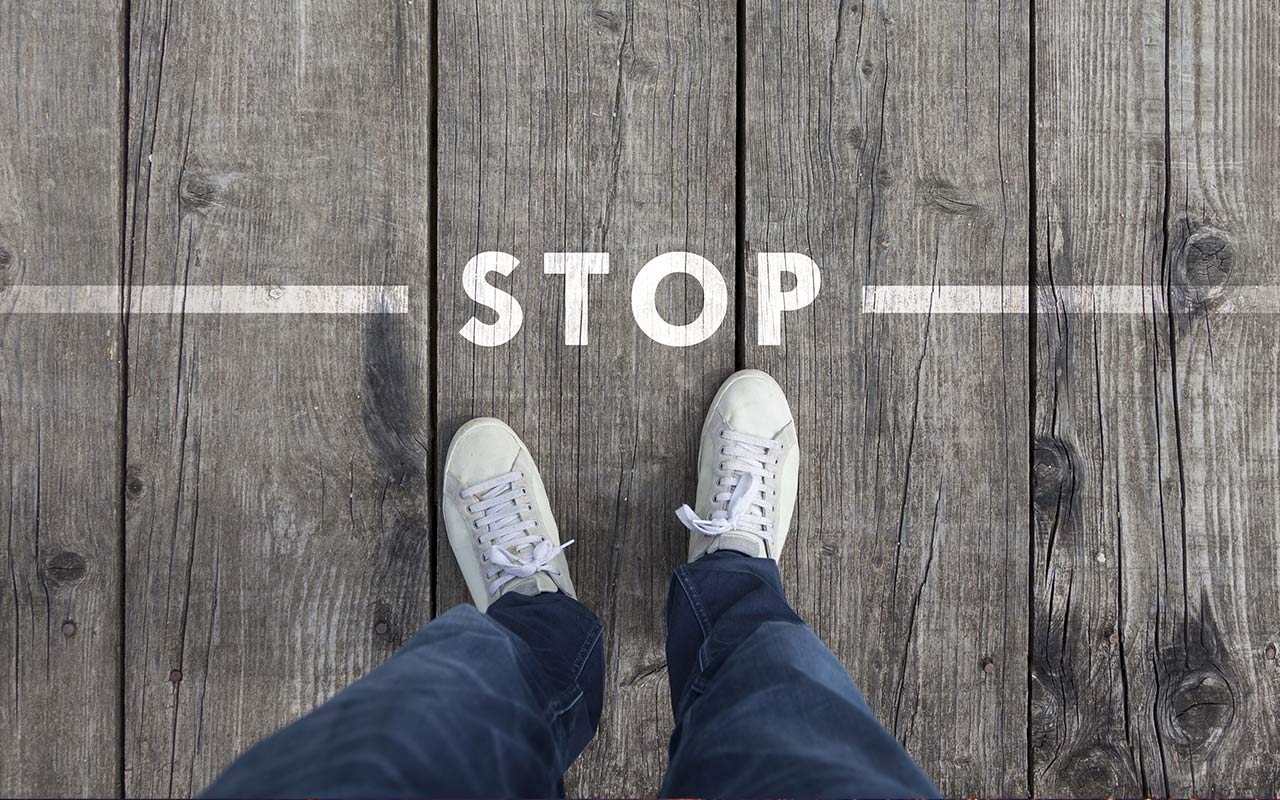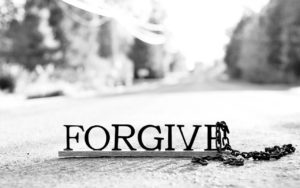Drs. Cloud and Townsend have written the definitive work on boundaries. In it, they challenge us to set limits that identify reasonable, safe and permissible ways for other people to behave towards us and how we should respond when someone crosses those limits. The challenge here is to identify where the boundaries need to be placed and then to enforce them in our relationships with others.
As a result of my work at the Every Man’s Battle workshop, I have recognized the need for a different kind of boundary. These are boundaries that we need to establish for ourselves and our own behavior—to identify ways that we no longer want to behave because we recognize that when we do, we are hurting ourselves. Some of these boundaries are related to addictive behaviors, such as substance abuse, sexual behaviors, or food. These I suggest we call primary(of highest importance) boundaries. Other boundaries mark off the practices that most often precede engaging in the addictive behaviors, which we can call secondary boundaries.
Primary boundaries set off behaviors like drinking, using a controlled substance, inappropriate sexual behavior(pornography, masturbation, affairs, etc.), self-indulgent/emotional eating, and other behaviors that are used to medicate our pain. These are the ways that we have habitually taken care of ourselves when the unmanageables of our lives overwhelm us.
Secondary boundaries set off those behaviors that are most likely to lead to crossing the primary boundaries. These behaviors would include going to a bar for an alcoholic or accessing the internet on an unprotected device. Other behaviors might be entering into entertainments that increase to likelihood of crossing the primary boundaries.
Secondary boundaries may also be established to identify other factors that may contribute to crossing a primary boundary. Such boundaries might include dealing with people who are difficult or tasks that are either difficult or awkward. When I attempt to manage such situations that are often beyond my ability to manage and the outcomes are beyond my control, I am more likely to use my favorite form of “medication.”
As in the case of boundaries set for others’ behavior toward us, these boundaries cannot keep us safe if we don’t enforce them. In fact, these boundaries may be most helpful because they provide as basis for recognizing the degree of danger we are in. Also, these boundaries that we set for ourselves almost always require the help of others, accountability partners and friends, in order to enforce them. Sadly, we have already demonstrated that we are ready and willing to violate such boundaries, even though we had not explicitly identified them.
In Deuteronomy 29, Moses reminds the people of the terms of God’s law and warns them, “When such a person hears the words of this oath and they invoke a blessing on themselves, thinking, ‘I will be safe, even though I persist in going my own way,’ they will bring disaster on the watered land as well as the dry. The Lord will never be willing to forgive them; his wrath and zeal will burn against them. All the curses written in this book will fall on them, and the Lord will blot out their names from under heaven.”
So, if we are going to battle our addictions, we must recognize the danger of giving ourselves permission to live without limits. We must identify those behaviors and attitudes that predispose us to seek the relief that we have become dependent upon. Then, we must make sure that we stay on the safe side of them by getting the help we need from those who will genuinely help us live in sobriety.




